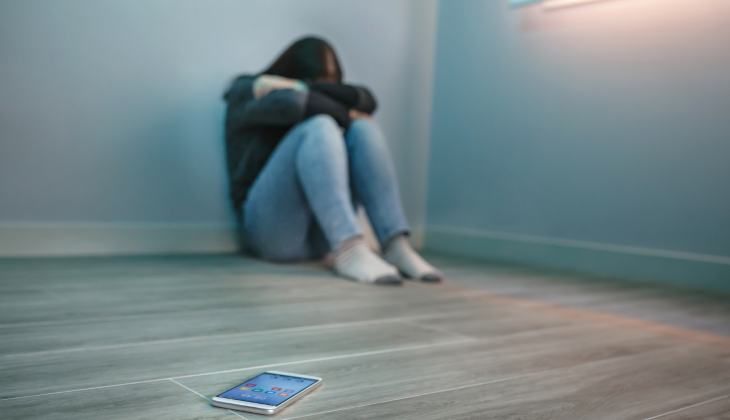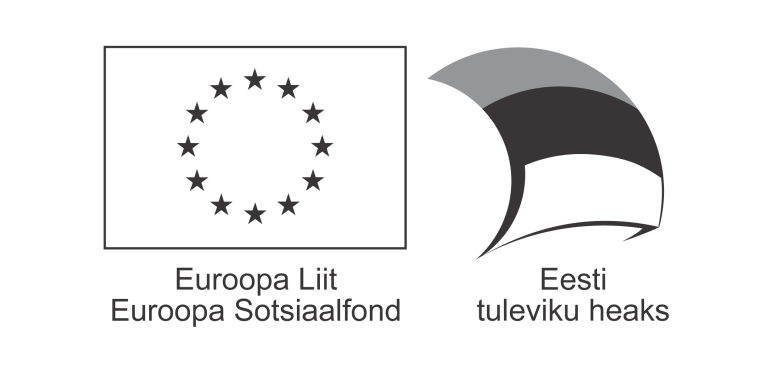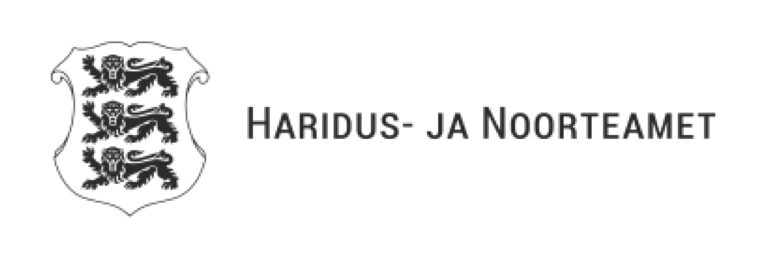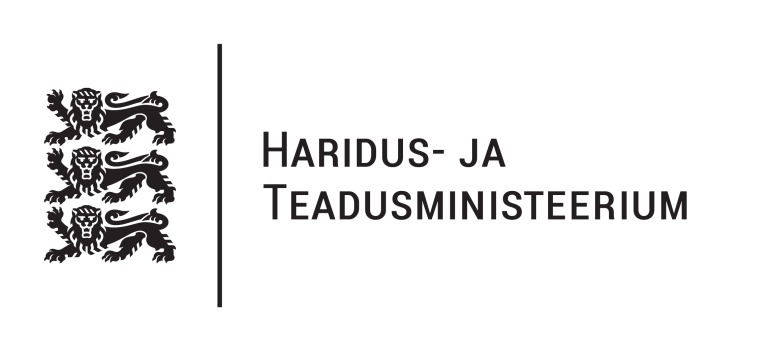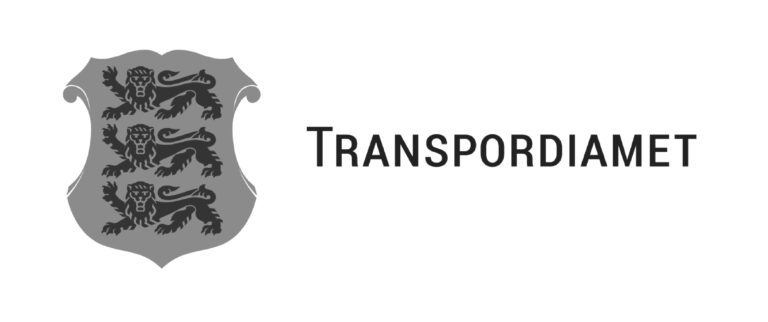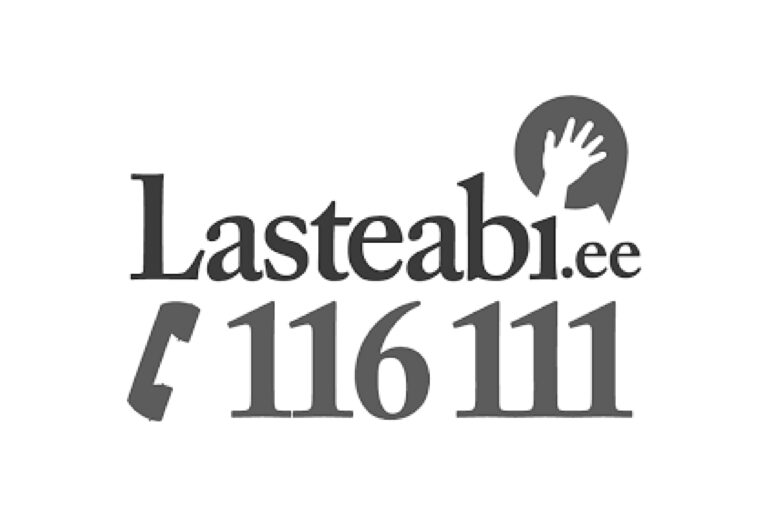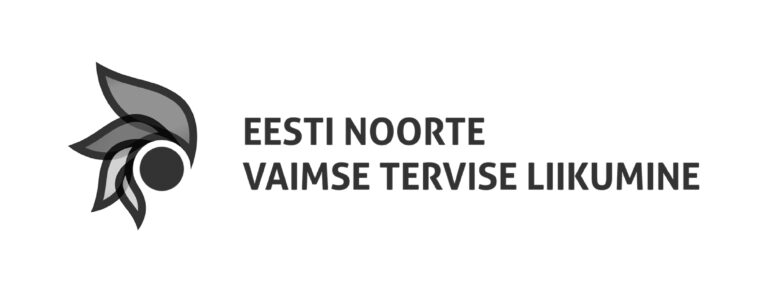It can be uncomfortable and upsetting when someone is intrusive and won’t leave you alone online. The internet and social media make us constantly available. As a result, you may feel that you can’t even have privacy and peace in your home. What should you do in this situation and what steps should you take if someone is too intrusive and won’t leave you alone?
If someone is consistently sending you intrusive messages and you feel like it is not okay and has become upsetting, ask them to stop sending the messages.
A big problem with online communication is that we can’t see the other person’s body language. In real life, body language has a significant role in communication. If you haven’t explicitly told the person to leave you alone, or that you don’t wish to talk to them, they might not understand. Ask the person to stop sending you messages.
If they continue to send you messages or trying to contact you, that is harassment.
Constantly messaging someone online is considered harassment. Harassment is when someone behaves in a way that offends you and causes you to feel anxious or intimidated. It can take the form of offensive comments and jokes both in person and online, as well as offensive gestures and touching.
Remember! You don’t owe anyone anything, not even your time. Put yourself and your well-being first. Try not to worry about hurting someone’s feelings. You have a right to be left alone.
If someone sends you upsetting messages or you see something you don’t want to see, the quickest solution is to report or block the sender or poster.
It is very important that if you notice something malicious and feel like it is offensive to you or others, that you react instead of ignoring it. Only by reacting can you reduce bullying and insulting.
A little tip, too! You can also fight maliciousness online through your kind and positive attitude. For example, if you see a negative comment under someone’s photo, write something positive.
Remember! If you notice abusive content on social media, if someone is being bullied or insulted, you have several options: you can report it to the administrators of the environment, notify an adult, or report it to the web-police.
Every social media channel has an option to report content that is upsetting to the recipient or the person viewing it or potentially illegal. For reporting, all environments have either a form to fill out or they ask you to send them an email. When you report something it’s good to add screenshots or videos to your notification, so that the environment can quickly respond to your message. Be sure to write what is bothering you about the post you are reporting, and why. The report must be written in English. If you don’t know enough English yourself, ask an adult for help or use Google Translate.
Reporting on social media means that, if possible, the content that bothers you will be removed. But it also means that the post can no longer be used as evidence later because something that cannot be found or that no longer exists can’t be used as evidence.
So, if you notice something disturbing then you should immediately record the post or message so that you can use it as evidence later, and only then report it. This is because sometimes it’s difficult to determine if a post is illegal, if it’s simply a misunderstanding, or if the poster is actually being malicious. The quickest and easiest way to get evidence is to take screenshots or video it. If you don’t know how to do that, ask someone for help or look it up online.
So, remember, always get proof before reporting and later decide if and how to use it.
Among the Targalt Internetis materials you’ll find Estonian instructions for seven online environments (Instagram, TikTok, Twitter, Snapchat, WhatsApp, Ask.fm, Facebook).
The material has been compiled by the youth information portal Teeviit based on Targalt Internetis www.targaltinternetis.ee.
Targalt Internetis (Smart Online) is an initiative by the Estonian Union for Child Welfare. The Union for Child Welfare is recognised as an advocate for children’s rights in society and, for best results, they focus on the most important issues in the field.
Materials from the Irish youth portal Spunout www.spunout.ee were also used:
Published in the youth information portal Teeviit in 2022.
